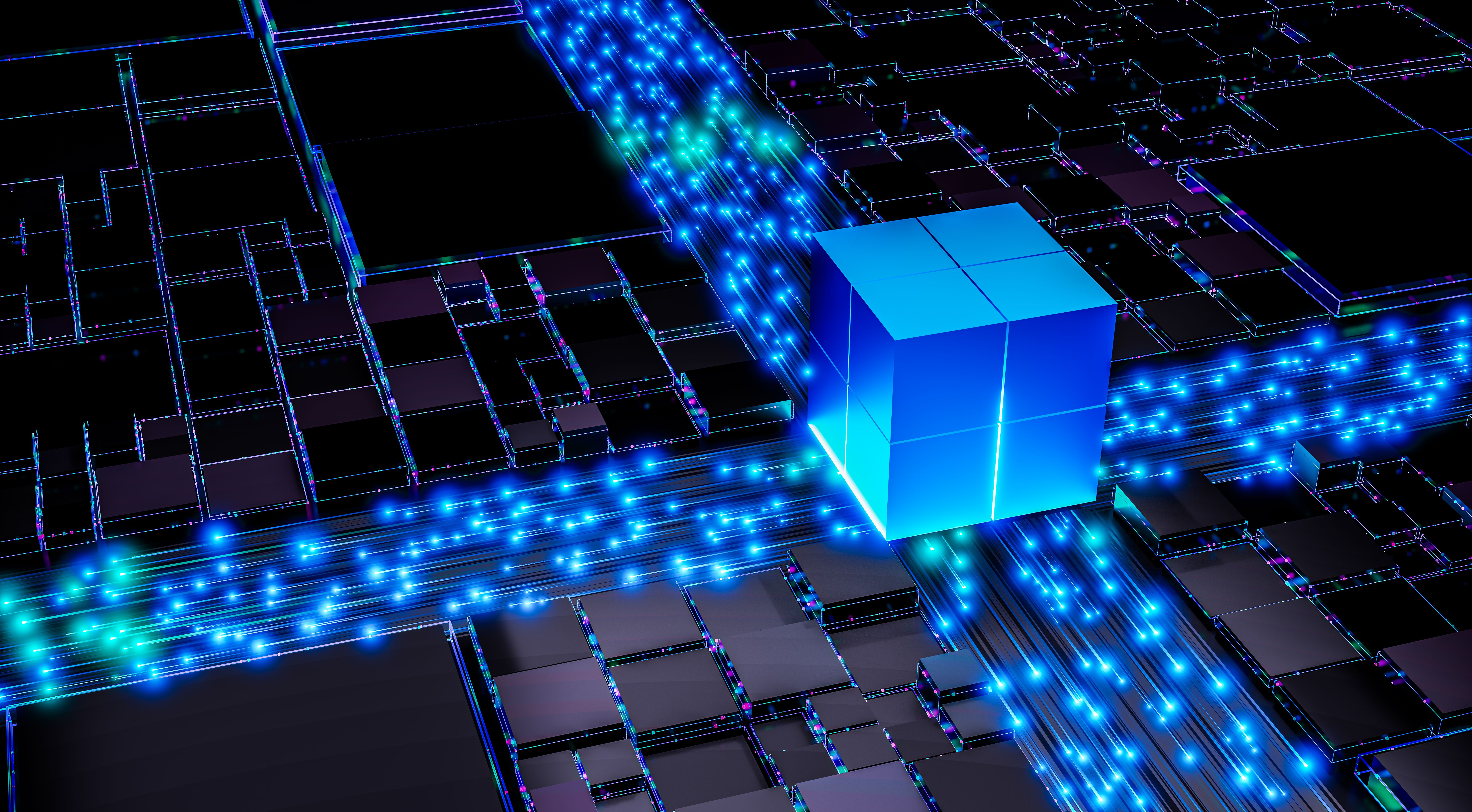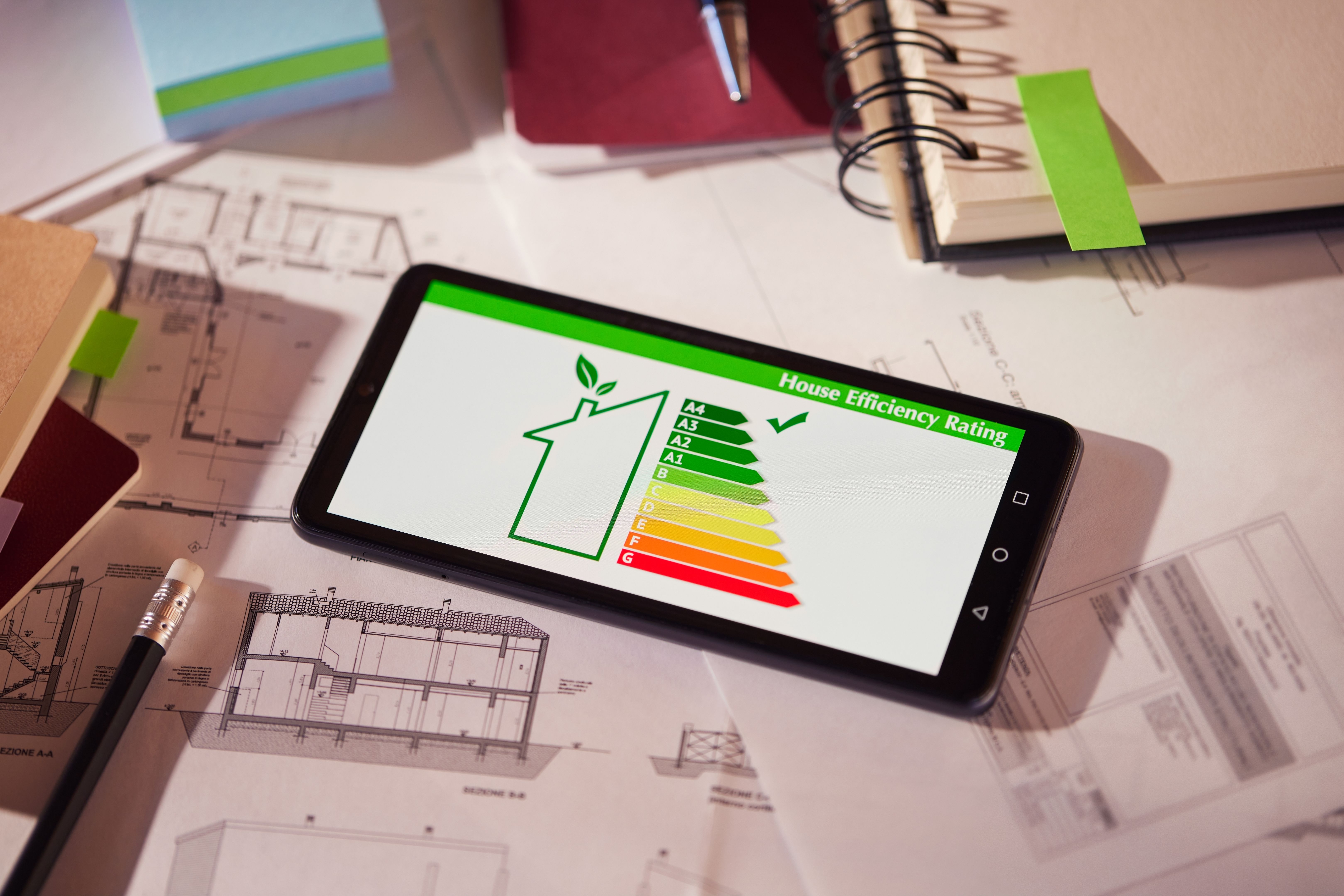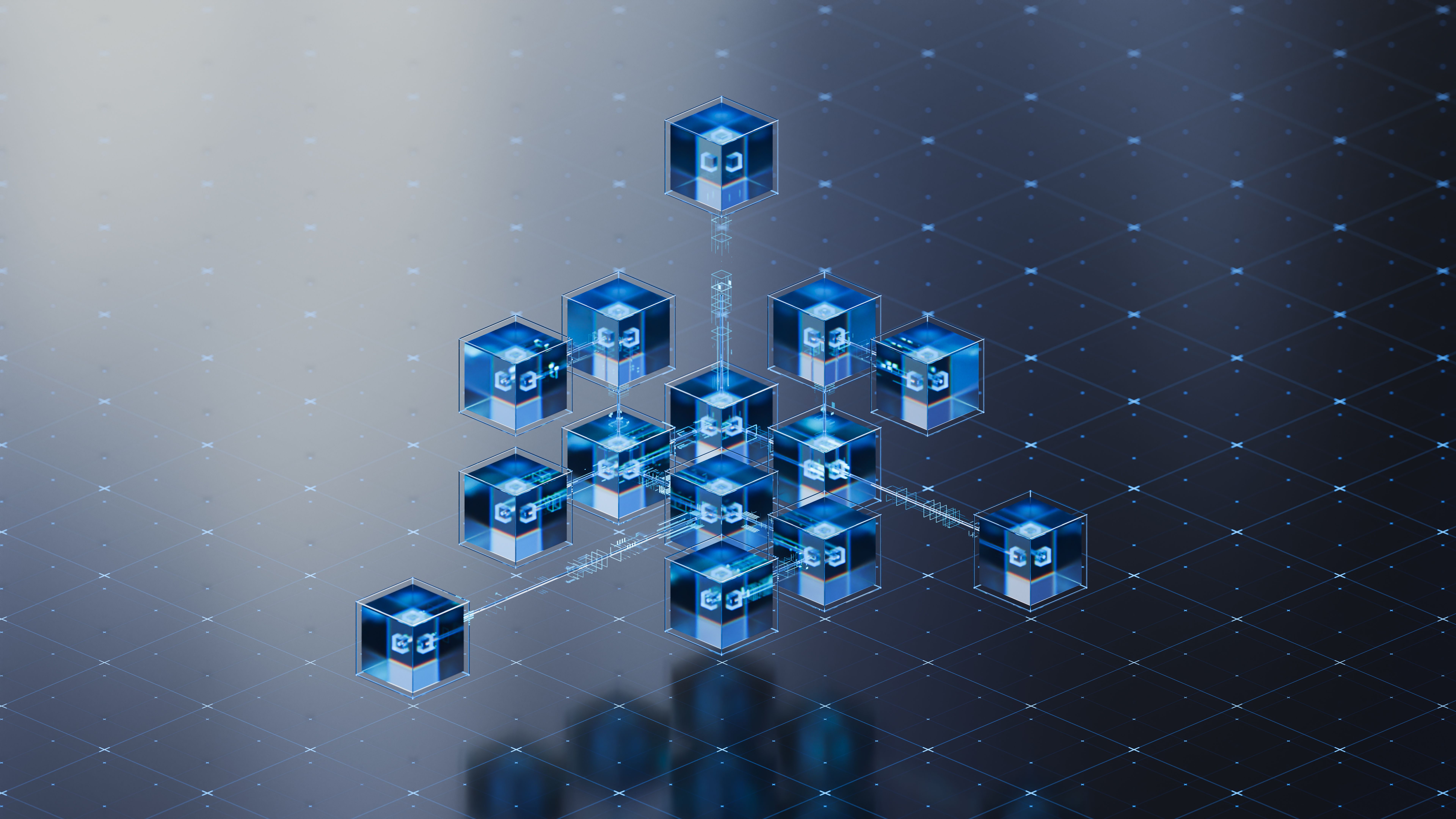Boosting Blockchain: Hardware Acceleration for Zero-Knowledge Proofs
Understanding Zero-Knowledge Proofs
Zero-knowledge proofs (ZKPs) are a fascinating advancement in cryptographic methods that allow one party to prove the truth of a statement without revealing any information about the statement itself. This unique capability has transformative potential for enhancing privacy and security across various blockchain applications.
As blockchain technology continues to evolve, the need for efficient and scalable solutions becomes increasingly apparent. ZKPs are at the forefront of addressing these needs, providing a robust framework for secure transactions and privacy-preserving computations.

The Role of Hardware Acceleration
While ZKPs offer significant benefits, their computational complexity can be a barrier to widespread adoption. This is where hardware acceleration comes into play. By leveraging specialized hardware, we can significantly enhance the performance and efficiency of zero-knowledge proofs, making them more viable for real-world applications.
Hardware acceleration involves using devices such as GPUs (Graphics Processing Units) and FPGAs (Field Programmable Gate Arrays) to perform complex calculations more swiftly than traditional CPUs. These devices are designed to handle parallel processing tasks efficiently, which is crucial for the intricate computations involved in ZKPs.

Advantages of Hardware Acceleration in ZKPs
Implementing hardware acceleration for ZKPs offers several key advantages:
- Improved Performance: Hardware acceleration can dramatically reduce the time required to generate and verify zero-knowledge proofs, enhancing throughput and scalability.
- Energy Efficiency: Specialized hardware is often more energy-efficient than general-purpose CPUs, lowering operational costs and environmental impact.
- Enhanced Security: By speeding up the cryptographic processes, hardware acceleration reduces the window of opportunity for potential attacks.

Challenges and Considerations
Despite the benefits, integrating hardware acceleration into blockchain systems comes with its own set of challenges. One major concern is the initial cost of deploying specialized hardware, which can be a barrier for smaller organizations or startups. Additionally, there is a learning curve associated with optimizing algorithms to fully leverage these devices.
Another consideration is the need for interoperability with existing systems. Ensuring that hardware-accelerated solutions can seamlessly integrate with current blockchain protocols is essential for widespread adoption.
The Future of Blockchain and ZKPs
The integration of hardware acceleration into zero-knowledge proofs marks a significant step forward in making blockchain technology more practical and efficient. As research and development continue, we can expect to see even greater improvements in performance and scalability.
Looking ahead, the combination of ZKPs and hardware acceleration could pave the way for more sophisticated applications in areas such as secure voting systems, confidential financial transactions, and decentralized identity verification.

Conclusion
In conclusion, the synergy between zero-knowledge proofs and hardware acceleration offers a promising pathway to overcoming some of the challenges faced by blockchain technology today. By embracing these innovations, the blockchain community can unlock new possibilities for privacy, security, and efficiency.
As we continue to explore these advancements, it is crucial for stakeholders across the industry to collaborate, ensuring that these technologies are accessible and beneficial to all users, from large enterprises to individual developers.
